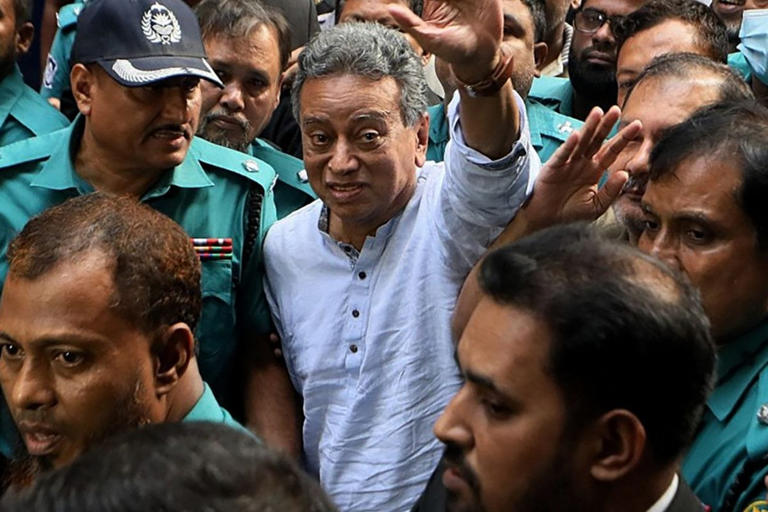BNP Issues Strong Political Roadmap Ahead of Bangladesh Elections
In a series of strategic statements, the Bangladesh Nationalist Party (BNP) has outlined its key demands and foreign policy signals ahead of the anticipated general elections. The opposition party has demanded that national elections be held by December 2025, while firmly opposing the controversial Cox’s Bazar–Rakhine humanitarian corridor, calling it a threat to national sovereignty.
In addition, the BNP has reached out to India with a softer, more cooperative tone, vowing to build a relationship based on “mutual respect and non-interference.” These developments reflect a major repositioning of the BNP as it seeks to re-enter mainstream governance after more than a decade out of power.
BNP Pushes for December 2025 Elections and Rejects Rakhine Corridor Plan
BNP leader Khandaker Mosharraf Hossain has publicly urged the interim administration of Muhammad Yunus to commit to national elections by December 2025, aligning with the military’s timeline and civil society’s demand for a return to democratic rule. Hossain emphasized that any delay would betray the spirit of the movement that ousted the Awami League-led government.
In the same breath, BNP leaders, including Amir Khosru Mahmud Chowdhury, denounced the Cox’s Bazar to Rakhine aid corridor, a Western-supported plan intended to transport humanitarian relief into war-affected Myanmar. The BNP strongly opposed the project, warning that:
- It risks turning Bangladesh’s border region into a foreign-controlled buffer zone,
- It may invite international troops or NGO dominance near sensitive territory, and
- It undermines Bangladesh’s sovereignty and security in the name of humanitarian aid.
Military officials, including Gen Waker-Uz-Zaman, had earlier labeled the corridor a “bloody passage”, and the BNP’s endorsement of this stance has increased pressure on the caretaker government to scrap the plan entirely.
BNP Seeks Reset With India Based on “Mutual Respect and Zero Meddling”
In a notable shift from its traditionally skeptical posture toward New Delhi, BNP foreign affairs head Amir Khosru Mahmud Chowdhury has signaled the party’s intention to rebuild India-Bangladesh ties on the basis of equality, trade cooperation, and non-interference.
He reassured Indian stakeholders that a future BNP government would:
- Never allow Bangladeshi territory to be used for insurgent activities against India,
- Prioritize economic partnerships and cross-border trade, and
- Insist on mutual sovereignty and respect, rejecting any political meddling from foreign powers.
This recalibration aims to position the BNP as a reliable partner in South Asia, especially amid growing Chinese influence in Myanmar and the Bay of Bengal. It also attempts to shed the long-standing label of the BNP being “anti-India,” a narrative historically pushed by its rival, the Awami League.





















